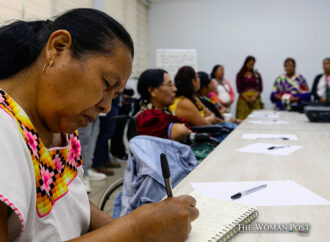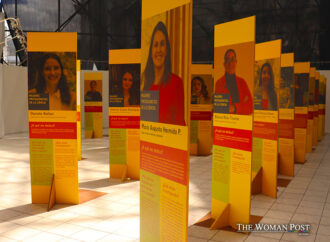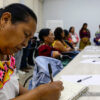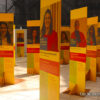The Woman Post found that several studies reveal that loneliness affects women in a variety of ways. We leave it to your consideration to reflect on the fact of being alone.
Recently, public health research called “Assessment of Social Isolation, Loneliness, and Cardiovascular Disease among Older Women in the U.S.” conducted by Dr. Natalie M. Golaszewski and published in the JAMA Network journal in the JAMA Open Network revealed that social isolation and loneliness were associated with an increased risk of incidence of Cardiovascular Disease Burdens (CVD) among older women in the U.S.
The data collected by the experts suggest that interventions to reduce the social isolation and loneliness of the population are justified. The findings indicate that the study was conducted on a cohort of 57,825 older women and was associated with between 13% and 27% risk. In addition, the report concluded that isolation and loneliness were independently associated with moderate risk among postmenopausal women. On the other hand, in research, psychosocial processes prevail and require greater attention, even at this crucial time as it is in the covid-19 period.
Natalie M. Golaszewski, Ph.D., at the University of California, believes that by nature humans are social beings and that social isolation and loneliness are slightly linked.
Women and young people perceive greater loneliness in 2022
Recently another study by the Faculty of Psychology at the Development University (DU) revealed that women and young people perceive greater loneliness because the COVID-19 health crisis aggravated the negative effects on mental health.
Jorge Varela, a Researcher at the Center for Wellness Studies of the Development University (DU), considers that loneliness is a dimension worthy of study due to the impact of the COVID-19 pandemic, with a risk factor and consequences. In addition, it suggests that on many scales women have a worse time, because they become more depressed, feel more alone, and intersect with socioeconomic status.
Carolina Pezoa, Director of Psychology at Central University, believes that in women there is a feeling of greater difficulty and loneliness. However, it suggests that young people have a greater sense of loneliness and feel imprisoned, due to the fickle responses that are obtained on social networks.
Karina Vargas, Clinical Psychologist at Redsalud, believes that when the sensation reaches a negative level, new habits should be promoted; daily routines modified, different activities should be carried out and emotional support should be sought from friends and family and not excluded from help groups.
Loneliness increases the risk of death from a heart attack in women
Recently another study called “Social isolation and loneliness increase the risk of death from myocardial infarction” by a new Scientific Statement from the American Heart Association and published in the Journal of The American Heart Association revealed that social distancing and loneliness are associated with a 30% increase in the risk of a woman suffering a heart attack. The data collected indicate that the risk increases with age, due to life factors.
On the other hand, a survey of the Making Caring Common Project of Harvard University considers that Generation Z is the loneliest generation, that is, women and men aged between 18 and 22 years. In addition, experts attribute loneliness to greater use of social networks and of course, to lower participation in face-to-face activities. Therefore, experts suggest that there is an urgent need to develop, implement and evaluate programs and initiatives that reduce the negative effects on women’s health.
Forcefully, all the studies carried out by different experts reveal that the people most vulnerable to loneliness and social distancing are racial and ethnic groups, children, women, and LGBTI+ people. Like, as people with physical disabilities or with hearing or vision impairments and people living in rural areas. That’s why The Woman Post generates important content for women and is open to getting sponsors who support vulnerable women.

























Leave a Comment
Your email address will not be published. Required fields are marked with *